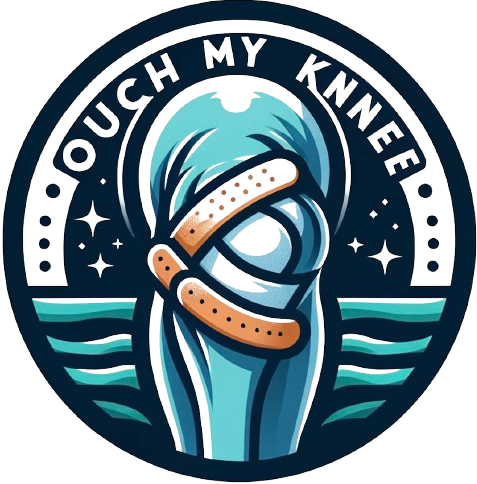Knee pain is a common issue that affects individuals of all ages, often caused by various factors including injury, overuse, or underlying conditions like arthritis. Understanding the root cause of knee pain is crucial for effective treatment and prevention. While rest and medication are standard approaches, advancements in medical science have introduced a range of innovative solutions to help manage and alleviate knee pain. From physical therapy techniques to surgical interventions, a holistic approach is needed to maintain knee health and ensure long-term relief.
One of the most significant advancements in knee health is the development of regenerative medicine. Techniques such as Platelet-Rich Plasma (PRP) therapy and stem cell injections harness the body’s natural healing mechanisms to repair damaged tissues. These treatments have shown promising results in reducing inflammation and promoting tissue regeneration, offering a viable alternative to traditional methods like corticosteroid injections. While more research is needed to fully understand their long-term efficacy, early findings are encouraging for those suffering from chronic knee pain.
Physical therapy remains a cornerstone in both the treatment and prevention of knee pain. Customized exercise programs designed to strengthen the muscles around the knee can significantly reduce pain and improve function. Innovations in physical therapy, such as the use of biofeedback and wearable technology, have enhanced the precision and effectiveness of these exercise programs. By continuously monitoring muscle activity and movement patterns, these technologies provide real-time feedback to ensure exercises are performed correctly, optimizing outcomes.
Surgical options have also evolved to offer less invasive and more effective solutions for knee pain. Arthroscopic surgery, for example, allows for a minimally invasive approach to diagnose and treat various knee conditions, resulting in shorter recovery times and less postoperative pain. Additionally, advances in robotic-assisted surgery have increased the precision of knee replacement procedures, improving long-term results and patient satisfaction. These technological advancements are transforming how we approach surgical interventions for knee health.
Proper nutrition and lifestyle choices play a pivotal role in maintaining knee health and managing pain. Anti-inflammatory diets rich in fruits, vegetables, and omega-3 fatty acids can help reduce inflammation and support joint health. Supplements such as glucosamine and chondroitin sulfate are also popular for their potential benefits in maintaining cartilage health. Regular exercise, weight management, and avoiding activities that strain the knee are essential practices that contribute to overall joint well-being.
Lastly, mental health and stress management should not be overlooked when addressing knee pain. Chronic pain can lead to anxiety and depression, which can, in turn, exacerbate the perception of pain. Mind-body techniques such as mindfulness meditation, yoga, and cognitive-behavioral therapy can be valuable tools in managing pain and improving quality of life. By adopting a comprehensive approach that includes physical, nutritional, and psychological strategies, individuals can achieve better outcomes in managing knee pain and maintaining knee health.
